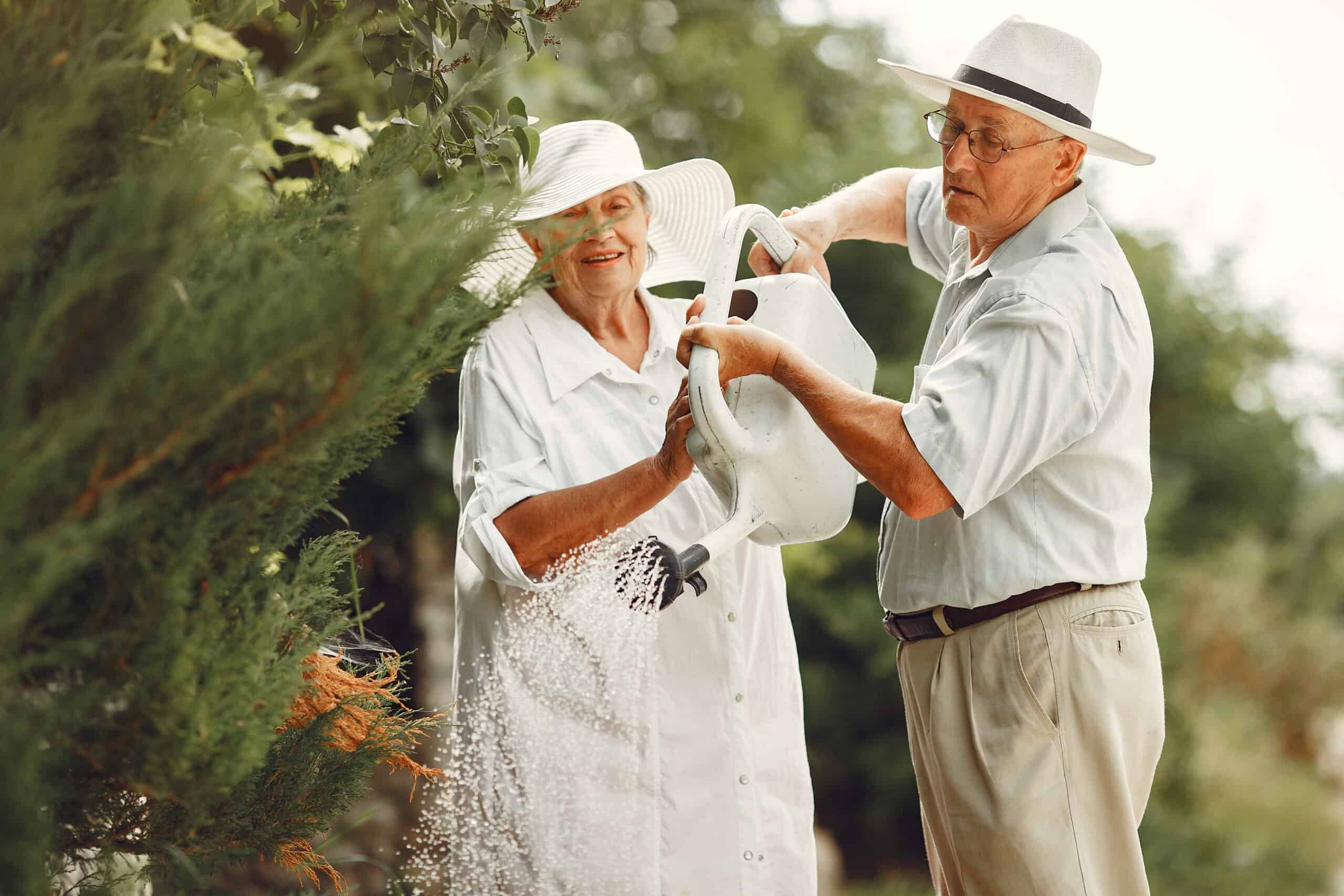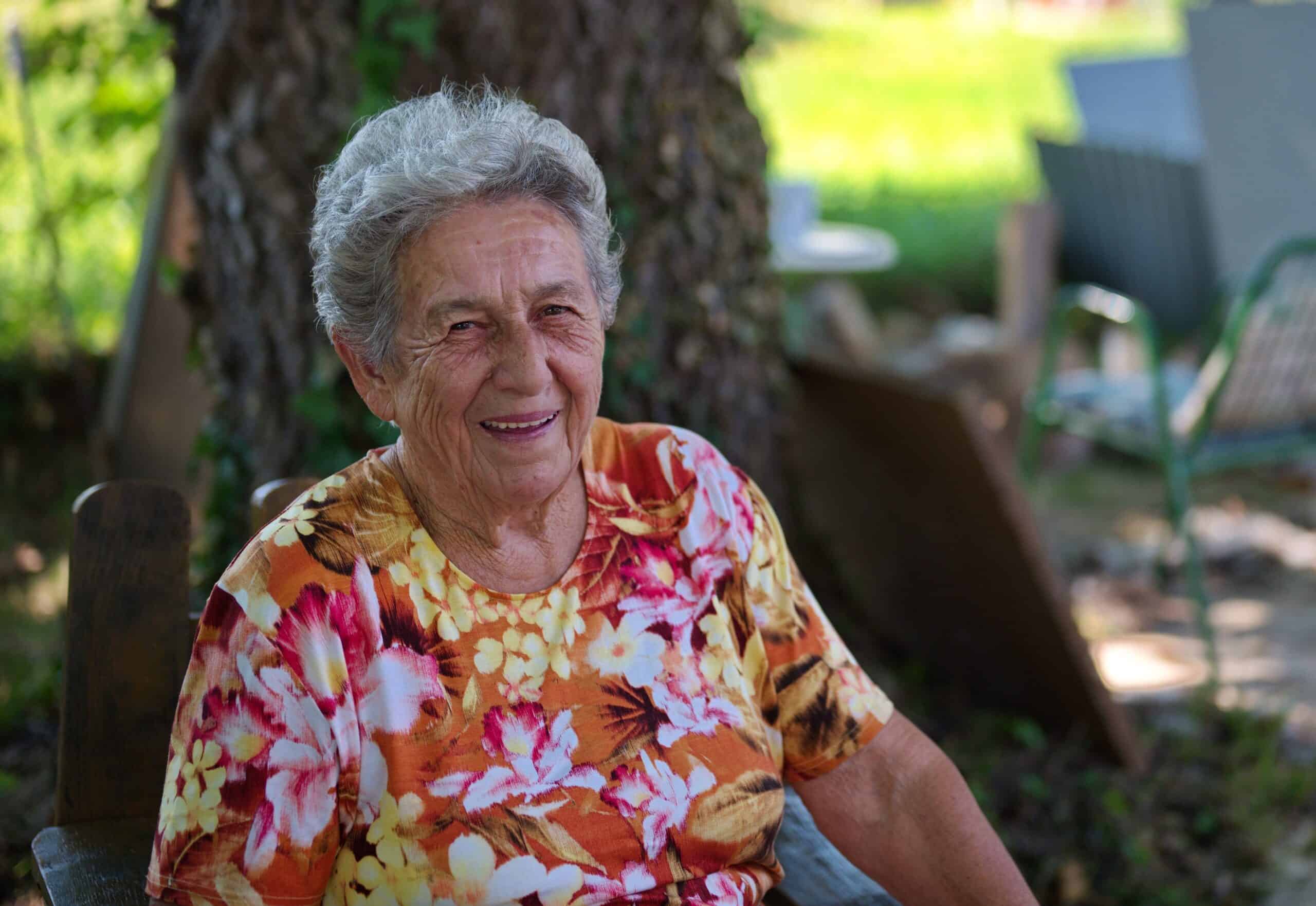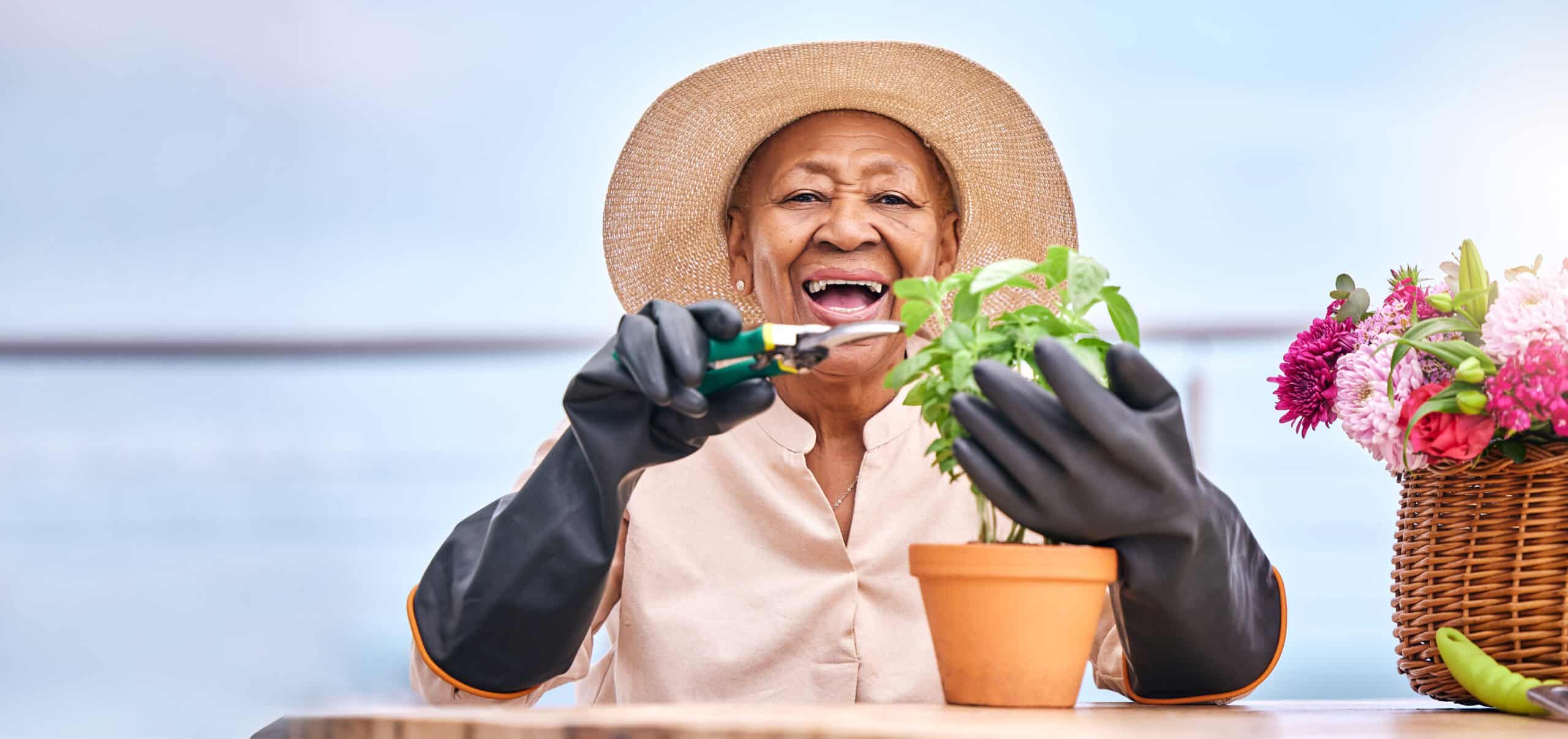April 1, 2018
You probably know the story of the Good Samaritan…he found a person by the side of the road who had been beaten and left for dead by robbers. He cared for him and dressed his wounds and because the Good Samaritan was on his way (to an important destination ?), he took the victim to a nearby inn and paid for his keep and his care until he could return. He told the innkeeper that whatever was required beyond what he paid, he would repay when he returned. The story ends there. I wonder what happened when he returned…or if he returned?
I can’t help but think of our aged and infirm elders when I read that story. In our culture, we treat our aged like the Good Samaritan treated the victim. We take care of their immediate needs and we put them in a nursing home and pay someone to take care of them and then we go away. The Good Samaritan story is about a stranger taking care of a stranger. When you are old, do you want to depend on the kindness of strangers? Also of note in the story is the fact that a priest and a Levite (one of the lineage of priests) saw the victim and ignored him. I see that happening all the time in our current culture. Those who are in a role of religious responsibility are sometimes the worst for caring for those who can no longer care for themselves.
In my blogs, I want to share with you something I have learned in hopes that it will help you. In this blog, I want to help you to avoid being a victim at the mercy of strangers.
No one thinks they will become a victim. No one wants to think of themselves as weak and vulnerable. But it happens. Remember the last time you had the flu? Being old and disabled is a little like that because you can’t do much to help yourself. You are no longer an independently functioning adult. If you have never visited a nursing home, please do.
To avoid getting the flu, we get flu shots…which may or may not prevent the flu. There is no shot for preventing a loss of independence as we age, but there is a way to direct the kind of help you would like to have if you do lose your independence. First you must educate yourself about all the different options available in your area. Look for places and services that will serve you when you are older and need help for your daily living needs (getting from point A to B, eating and drinking, dressing and bathing [and other hygiene needs like cutting nails and hair], using the toilet, medicines and medical treatments) and other needs like housekeeping and laundry, shopping and bill paying, gardening and lawn care, cooking and clean up, home maintenance, etc. If you are no longer able to drive, would you like to have someone drive you in your own car, or do you want to use public transportation? Or perhaps Lyft, Uber, or the Independent Transportation Network (ITN) of the Bluegrass (a non-profit that serves visually impaired and seniors only)? Who would you like to accompany you to medical appointments (older folks need a second set of eyes and ears at appointments to make sure they understand what is being said and what they are to do) or would you rather be in a nursing home where the staff doctors and nurses make the decisions and carry them out for/on you?
Then I advise you to write down your wishes and take them to a law firm or a group of trusted people or an organization designed to carry out your wishes. Or a combination (for example, I have a copy of the plan for my children to refer to, and a copy for the law firm, and a copy for Aging With Grace). It really is not about the money at this point. Just focus on what you would like for yourself if you lose your independence.
Aging With Grace is an organization designed to carry out your wishes. When our members join the club, they are invited to write down their wishes and have them notarized. Our staff will contact the contacts you have named and make sure your desires are put into action when it is determined by your doctor that you are no longer safe on your own. I have a plan for myself. It says I am to be an active member at Aging With Grace’s 50+ clubhouse M-F from 9 to 4…brought there and home by Aging With Grace’s 50+ staff or ITN if I can afford it. If not, then by Wheels or Federated. Evenings and weekends, I will have help at home, provided by Aging With Grace’s 50+ staff or by another home care agency. Aging With Grace’s 50+ Help At Home Services are less expensive than most home care agencies, and they will know me better because my Wellness Map, which is kept at the clubhouse will be coordinated with my Help At Home Services Guidebook, which is kept at my home. Also, Aging With Grace’s 50+ Help At Home staff has to be vetted by six months of training at the clubhouse before they are trusted to help me at home. Aging With Grace has quarterly team meetings with all who are involved in my life to make sure I am getting everything I need and to make changes and improvements. At the team meeting will be a representative from that law firm, and/or group of trusted people to whom I gave a copy of my wishes, the Aging With Grace Wellness Consultant (an RN), my doctor or his representative (or a copy of the meeting notes will be sent to them for approval) and if I am on Medicaid (which at this juncture I will be), my case manager (a social worker), and the director or assistant director of Aging With Grace.
Of course, in reality, I am not in control. God is. For example, at this time Medicaid does not reimburse Aging With Grace for their Help At Home Services, but hopefully that will change soon.
The post April 1, 2018 appeared first on Aging With Grace.






